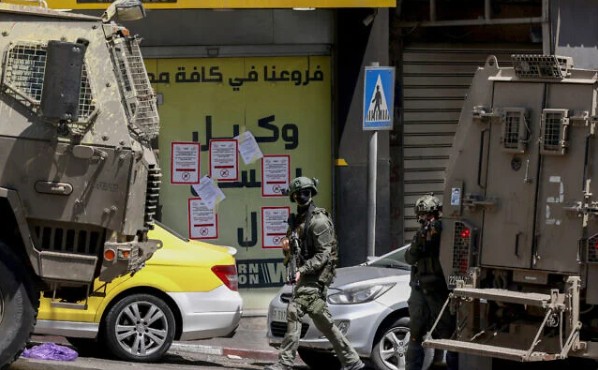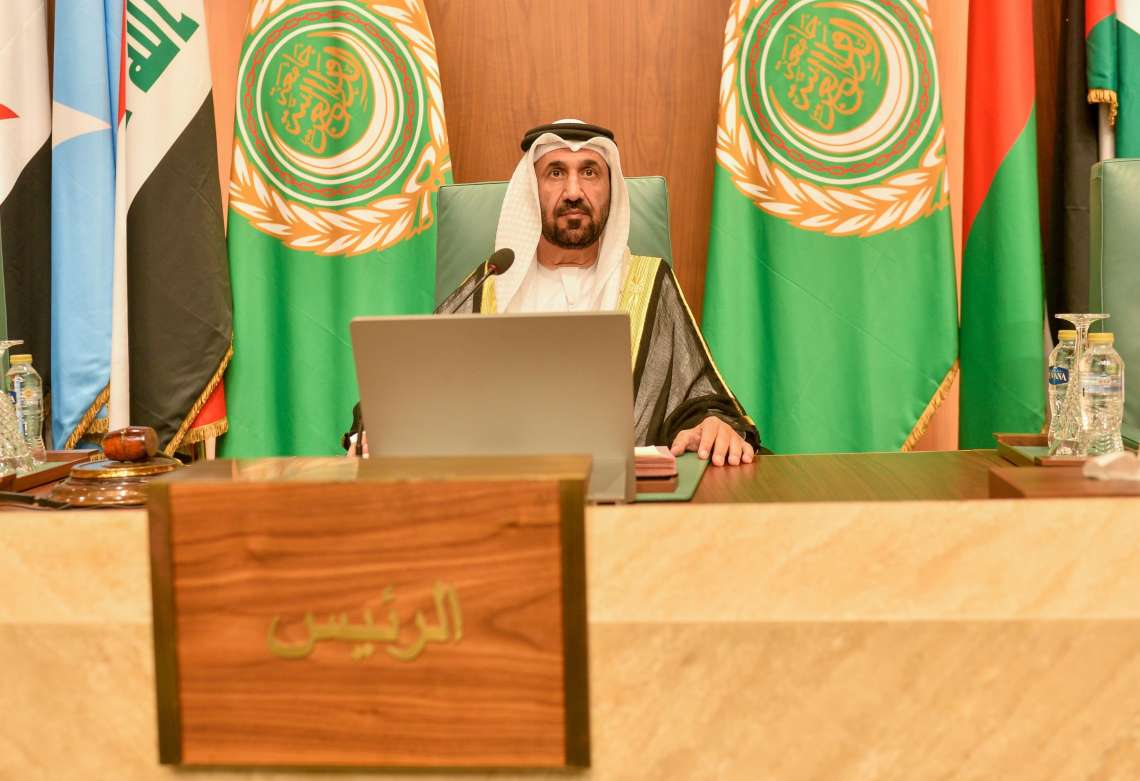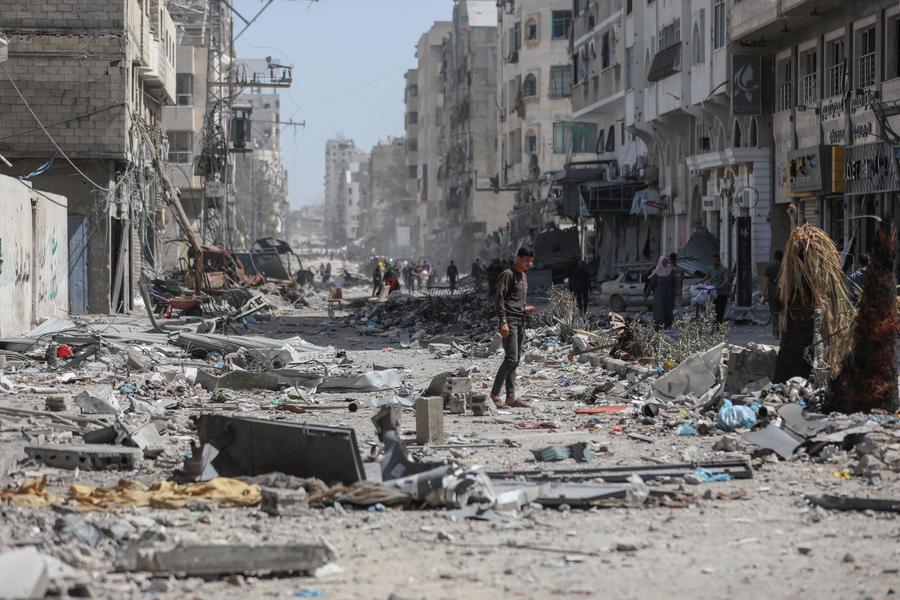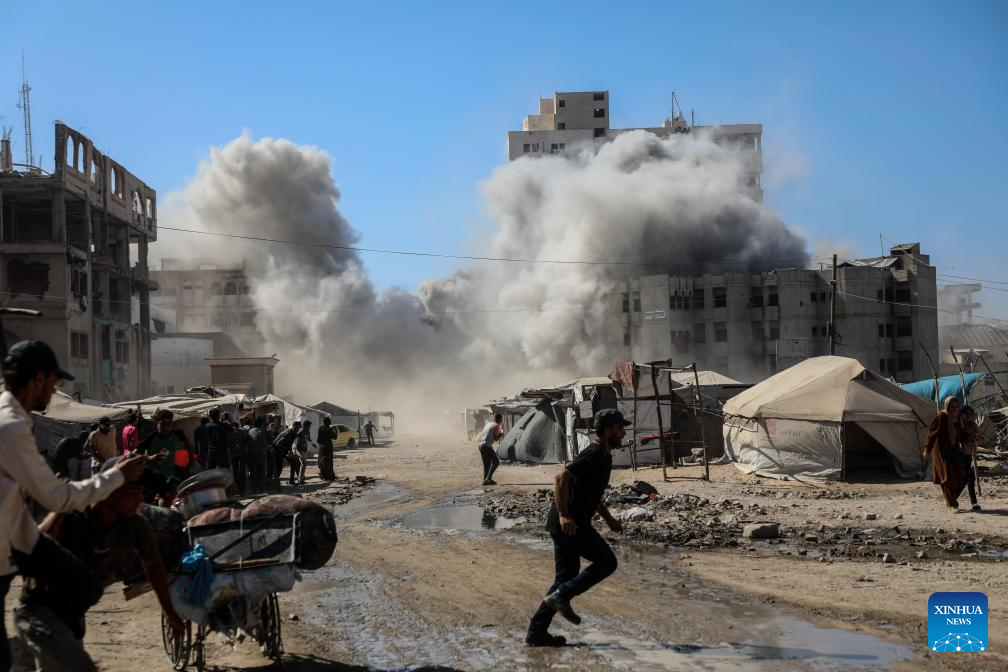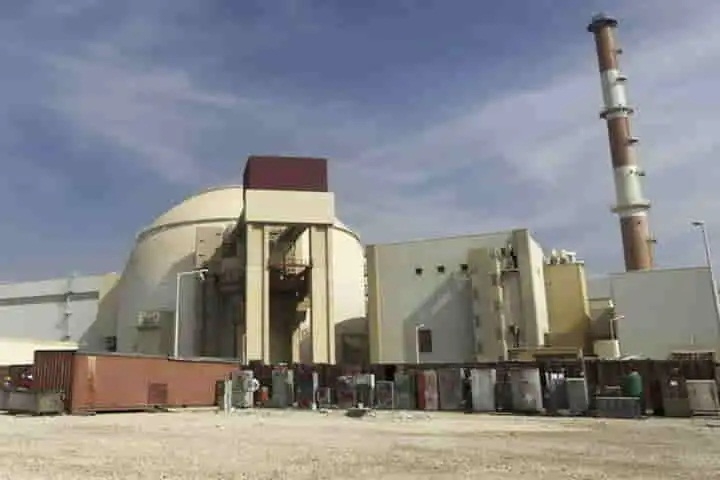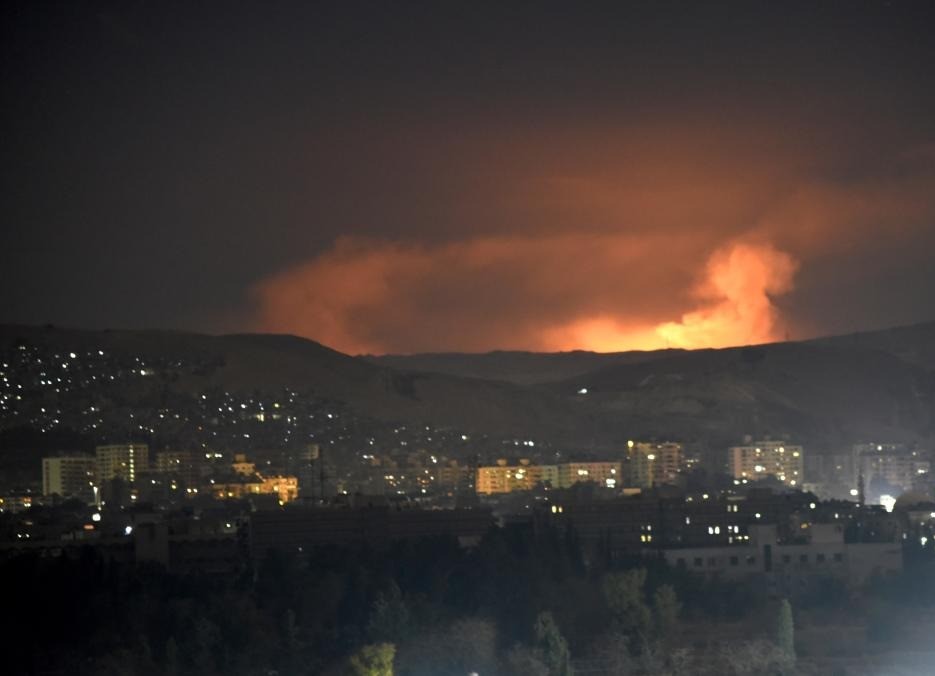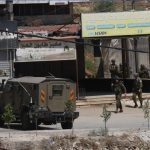US says Hamas’ reply to the ceasefire plan was “totally unacceptable” and accused the Palestinian group of dragging the negotiations backward.
The latest attempt to broker a ceasefire in Gaza has hit a stumbling block, as the United States and Israel rejected Hamas’ conditional response to a US-mediated truce proposal. The deal, pitched by US Special Envoy to the Middle East Steve Witkoff and endorsed by the Israeli government, offers a 60-day halt in fighting in exchange for the release of Israeli hostages and Palestinian detainees. But Hamas’ insistence on core amendments, including a permanent ceasefire and full Israeli withdrawal from Gaza, has drawn strong criticism from Washington.
Witkoff, speaking via a post on social media platform X, said Hamas’ reply to the ceasefire plan was “totally unacceptable” and accused the Palestinian group of dragging the negotiations backward. “Hamas should accept the framework proposal we put forward as the basis for proximity talks, which we can begin immediately this coming week,” Witkoff posted. He added that only by adhering to this plan could both sides secure the return of hostages and lay the groundwork for a permanent cessation of hostilities.
The US plan, already approved by Israel, proposes a two-phase exchange: 10 living Israeli hostages and the bodies of 18 deceased Israelis would be returned in exchange for the release of 1,236 Palestinian prisoners and detainees, including 125 serving life sentences. The deal also includes the return of 180 bodies of Palestinians killed in Israeli strikes. Talks over a permanent ceasefire would begin on the first day of the 60-day truce, though the proposal does not guarantee that the ceasefire will be extended or that the war will permanently end.
In contrast, Hamas’ statement, issued via mediators Qatar and Egypt, called for a comprehensive and lasting ceasefire, a complete withdrawal of Israeli forces from Gaza, and continuous aid delivery into the Strip. Hamas agreed in principle to the release of 10 living Israeli hostages and 18 dead bodies but said it had proposed “amendments” to the US plan to include its key demands. While the group did not outright reject the American offer, the ambiguity of its position — neither full acceptance nor clear refusal — has complicated the diplomatic landscape.
The response has triggered sharp warnings from Israel. Defence Minister Israel Katz declared that Hamas must either accept the ceasefire deal or face annihilation. “Our forces continue their operations in Gaza with full intensity — from the air, on the ground, and at sea,” he said. According to the Israeli military, dozens of targets across the Gaza Strip were hit between Thursday and Friday, with operations aimed at dismantling Hamas’ weapons caches, underground tunnels, and command infrastructure. In the course of this fighting, two rocket-propelled grenades were reportedly fired at Israeli troops, wounding three soldiers.
Tensions remain high as the fate of 57 hostages — out of the 251 abducted during Hamas’ October 2023 incursion into southern Israel — hangs in the balance. Israeli authorities believe that at least 34 of them are already dead.
At the White House, Press Secretary Karoline Leavitt confirmed that the United States had presented the proposal with Israeli backing. “President Donald Trump’s administration is committed to achieving a sustained peace in the region,” Leavitt said during a briefing. “Steve Witkoff’s proposal provides a realistic pathway to stopping the violence temporarily and initiating serious dialogue for a permanent resolution.”
Still, with Hamas refusing to formally endorse the proposal and seeking significant amendments, the optimism that once surrounded the US-backed plan appears to be fading. Analysts suggest that Hamas is wary of agreeing to a temporary deal that lacks firm assurances of long-term peace or Israeli withdrawal — fears that could undermine the group’s standing among Palestinians.
Meanwhile, Israel’s aggressive military posture and threats of escalation signal a closing window for diplomatic manoeuvres. With fighting intensifying in Rafah and northern Gaza, humanitarian organisations have again warned of severe shortages of food, water, and medical supplies.
The ceasefire proposal, in its current form, offers no guarantee that hostilities will not resume after the 60-day period. This leaves negotiators with the challenging task of convincing both parties — particularly Hamas — that the temporary pause can evolve into a meaningful, longer-term peace process.
Regional allies are also under pressure to bridge the gap. Qatar and Egypt, long-standing mediators in Israeli-Palestinian negotiations, are reportedly pressing Hamas to reconsider its response and embrace proximity talks as outlined by the US. However, with trust in short supply and battlefield realities hardening positions on both sides, the path to peace remains perilous.

